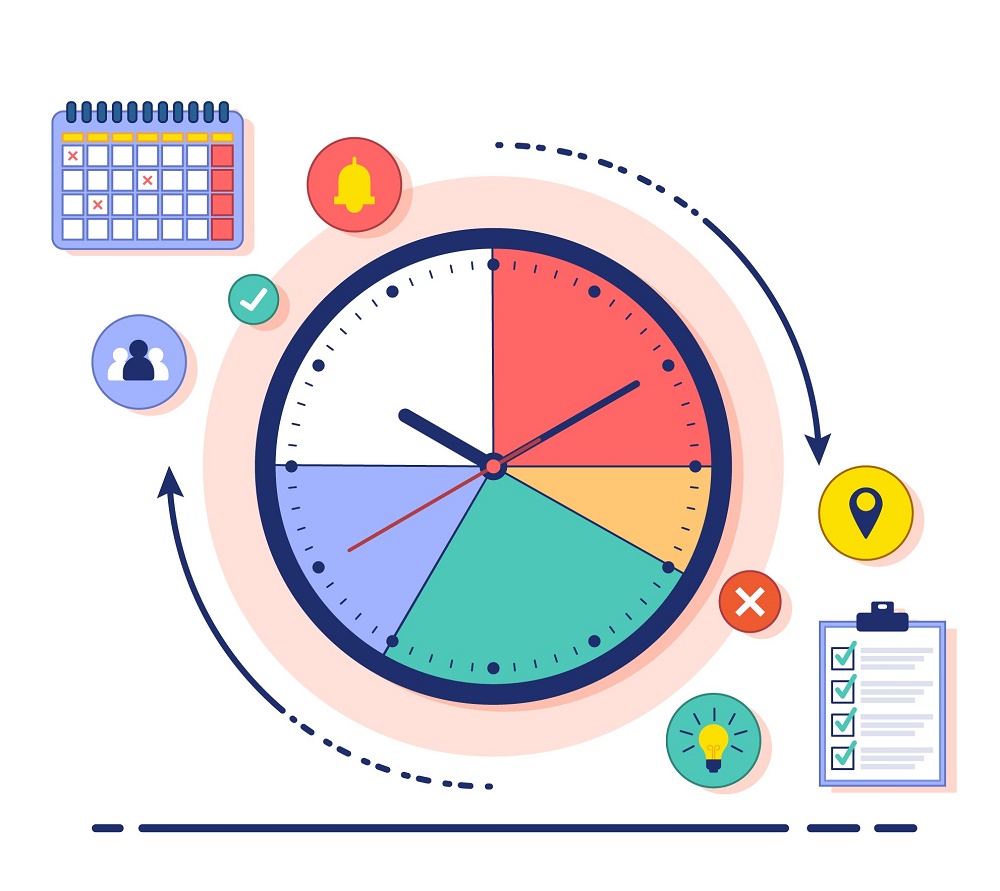
Daksh Haldar
June 16, 2019

Companies, in the face of this global pandemic, have asked
their employees to Work From Home. While these measures are
aimed at staunching the spread of the coronavirus, the work
does not stop. This, however, seems to be easier said than
done. Chances are, if you’re not a freelancer or a WFH
veteran, that you find the environment not conducive to work.
It is important that you establish certain things in order to
be more productive. And, even though we cannot go on living as
if nothing’s wrong, we need to put out the work our employers
expect from us. Here are a few tips on how to be a good
employee and not lose your work ethic while working from home.
And so the call for time management has echoed like a battle
cry across the world. With organisations lobbying for better
or reduced work hours, better working conditions, more
efficient tools to work with, it seems like time management is
the only viable solution to getting things done. And though
there is no dearth of strategies to manage your time, we have
shortlisted four of the best ways to manage time.
The atmosphere of a home and an office are very different. To
that end, one feels that a corner of your home can be
converted into a workspace of sorts. It is crucial that you
have a desk where you have all the things that you need. Try
to limit the number of times that you get up from your desk to
go fetch implements that you need. Which leads us to our next
point:


As at the office, it is important to create an environment
that does not provide easy distractions. So, get away from it
all. Try to do away with all the noise of the household as
daily life unravels around you as you try to work. Remember:
noise is sound that comes at irregular intervals and disturbs
us. But if your one of those people who need at least some
sort of noise, try to have a dull sound playing in the
background. White noise, research has suggested, is conducive
to a work environment. It is also important that you establish
ground rules with your family or people that you live with.
Try to have them treat the situation as if you are really
working at the office. Do not get pulled into family drama, or
household chores. Dedicate the time to your work. Similarly,
try to finish your tasks by the deadline. It is not fair
either to you, or your loved ones, that you take your work to
the dinner table, which would mean that you have neither
proper family time, nor proper work time. a clear distinction
of the two will let you have the best of both worlds.

It would do you a lot of good to make a list of all the things
that you would need while working from home and keeping them
within easy reach. Try to think of all the things that are on
your desk at your office, and bring all of them together at
your home office.

When working from home it is crucial to keep in mind that you
won’t have your colleagues around to ask them about things all
the time. In this respect, it would do a lot of good to first
establish what work needs to get done by the end of the day. a
call with your employer or your project partner will help you
to outline the tasks that need to be dealt with by the end of
the day.

Research has suggested that when one works in breaks of 25-30
minutes, and then take a break for 5 minutes, work flow
becomes smoother, and the employee-more productive. It is not
good for the body to remain, neck-bent over a screen and
chained to desk without relief. Once in a while, it is
important to get up from your desk and take a walk, use the
restroom, and listen to something more soothing than your
work.

During these times, it is very easy to shrug-off work. Since
there is no authority that is constantly overlooking the work
you’re doing, it is infinitely easier to say that you’ll do it
later. Since you’re essentially in charge of yourself, it is
imperative that you take responsibility and do the desired
work. Home environments do not easily lend itself to work, and
these are but a few things that one could do to work easily
from home.






